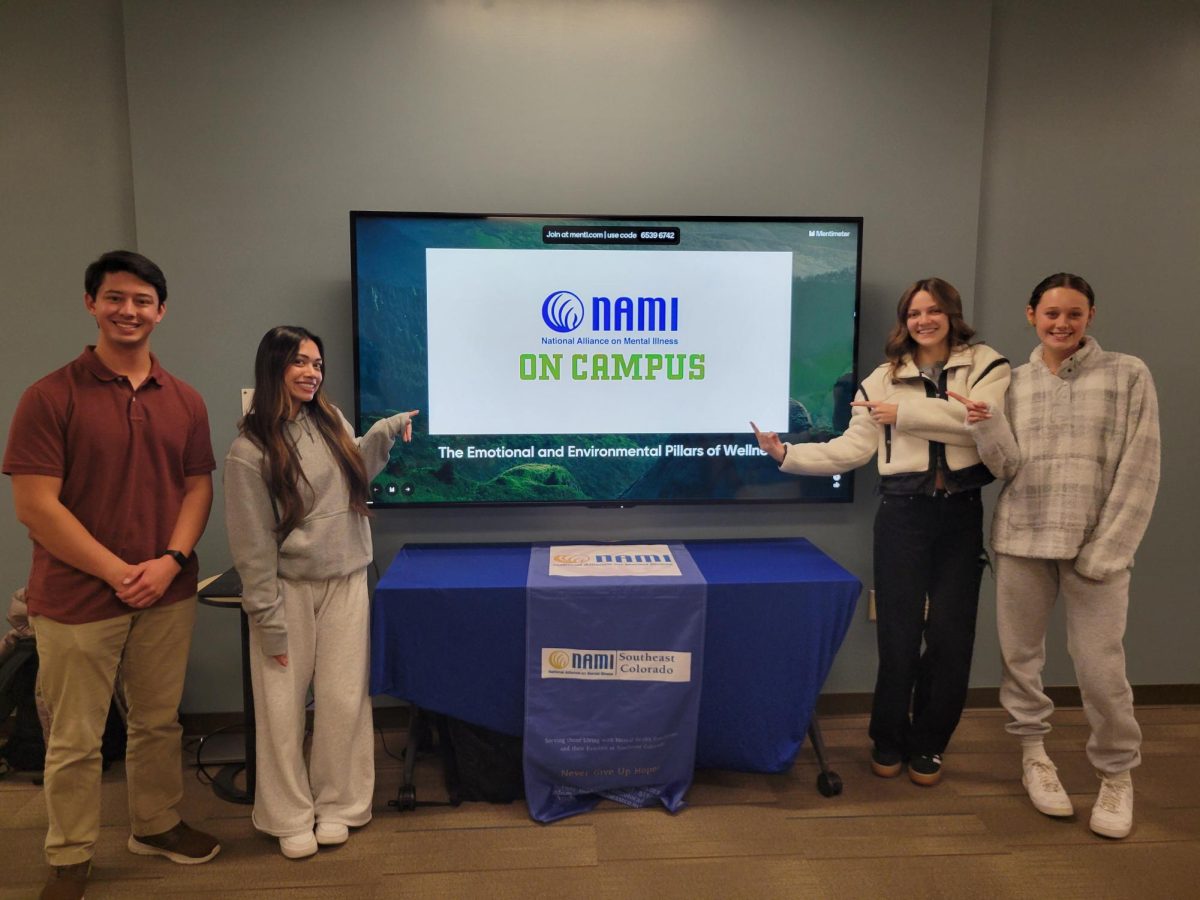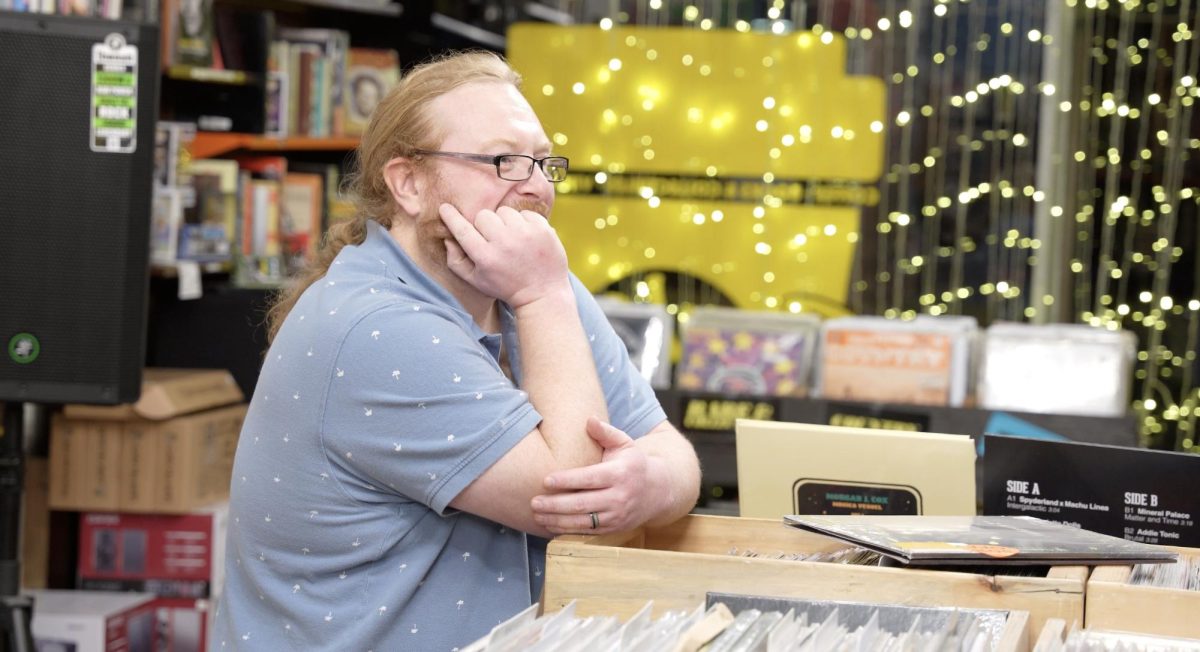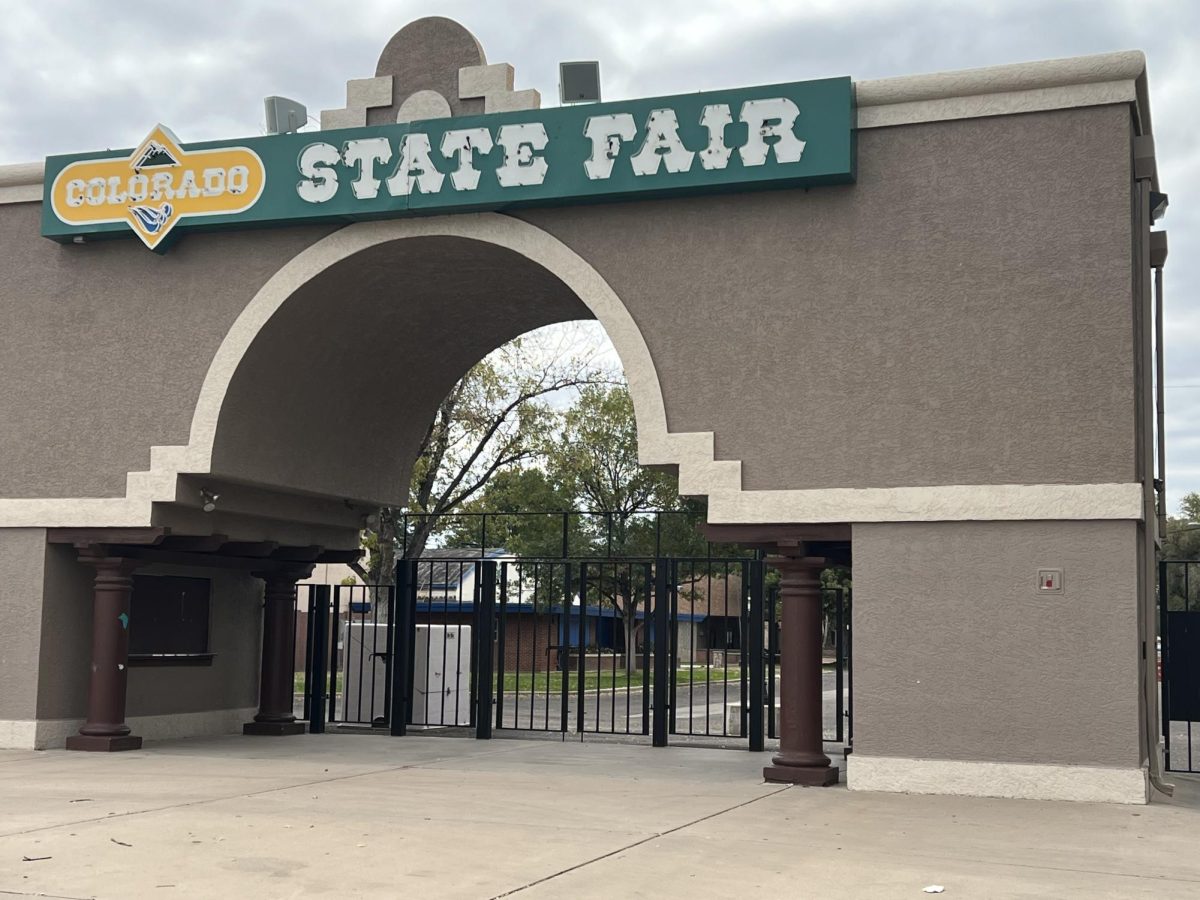
by Juanita Whitaker
Editor’s note: the following is a personal opinion and commentary of the writer’s experience. There is the use of racially charged words in the piece.
In the late ‘60s and early ‘70s, the name Black Panthers struck fear in the hearts of most “white Americans.” In their blind fear, it was easy to attach all sorts of negative traits to what they didn’t know or didn’t understand. Never mind that both whites and blacks put one leg at a time in their pants or skirts. Never mind that they both felt hunger, pain and thirst, and loved their kids with the same emotions. Even more than that, they all bled red blood. But the fact that the “package” had changed made everything seem somehow out of kilter.
It was easy in the past for whites in America to convince themselves that they were somehow superior, and thus had the privilege to relegate blacks to “colored people” who were inferior and should be satisfied with the crumbs that would fall from the masters’ tables. It was comfortable to rely on the status quo id only having to deal with the “good nigger,” who never made eye contact, never made a fuss about having to eat outside of the restaurant or ride in the back of the bus. And, boy could them niggers tap dance and sing them Negro Spirituals.
But, as I said, somewhere along the way, the package had changed. No longer did “them uppity niggers” want to be called “Negro” or “Colored,” the names that “polite white folks” called them in public. There they were under the banner: “black” with a specific accent on the “B;” flaunting, nay even exalting kinky hair called Afros, big lips, less than peaked noses, brown skin (the darker the better), and also more than ample butts. As if to accentuate the point, blacks made new statements as guidelines for their new lifestyles: “Black is beautiful,” “power to the people,” “right on,” and identified more with Africa as the Motherland. We wore dashikis, tie dyed clothing and stopped straightening our hair. We used secret handshakes and words such as brother and sisters to identify each other. We were no longer “familiar” to white people. It was if we had dropped in from another planet. We spoke in Swahili. Now we were the ones openly using derogatory descriptions of whites, such as “honkeys,” “peckerwoods,” “old fay,” “crackers” and “blue-eyed devils.” In this way, blacks exhorted that we wanted the whole pie, not just a piece.
In 1971 I met a young black lady named Karen, who opened my eyes when she said, “come with me and learn something.” And I did both.
My lesson began in a small shop which appeared to be out of business or closed. But when she knocked, three fast taps, two, then a pause followed by one last tap, the door opened. We proceeded through the front of the shop to the dimly lit rear area. Karen was greeted with “welcome, sister,” and a kiss on each cheek from the five males and two females present. I was also greeted with “welcome, sister.” When Karen and I had been comfortably seated, the young man who had opened the door produced a gun from his belt and went to the front of the shop to “keep watch.” I remember thinking to myself, “You’re not in Kansas anymore, Juanita.” My first thought after that was, “I’d better not say or do anything to anger anyone.” That image of a gunman at the door, the only door in or out, scared me. However, they had called me “sister,” that must count for something. I decided to listen, stay quiet, stay calm and look alert.
Over the next three hours, I sat and listened and learned that we were “soldiers.” It was our job to lead our people out of the darkness of an oppressive society and to ease the hold that white America had used on blacks to keep them down. We made ambitious plans that night to care for and honor the elders in our homes, guide the young children and teach them that they were able to be whatever they wanted to be, teach out males what it meant to be a “man” and face their responsibilities to the children they fathered. We wanted to see laws changed about segregation, have Black History taught in our schools, to treat black women like the “African Queens” they were, provide daycare for families of single moms, and reduce the number of high school drop outs, while encouraging more blacks to go to college. We would raise money by babysitting, having fundraisers with live entertainment, renting busses to go to the beach and selling fish, chicken and chittling dinners.
On a less favorable note, I found out that there were mandatory gun practices. This edict had come directly from the New York chapter, and it stated that if the “man” tried to arrest us, as “soldiers’ we were to return fire and not be taken. While gun battles with the police were the norm in New York, I thank God that there were no such occasions during my entire association with the Norfolk chapter of the Black Panthers.
I found two things that night. I found that I was able to make a choice between doing what I knew was right for the good of someone other than myself. And the second thing that I learned that night was that we, as a people, would go far and reach our goals. I’ve never regretted being a Black Panther. They were more, and I was more, than a gun-toting, violence-infected band of thugs, as we were so often portrayed.
During the 60 years I have has the occasion to think back on my experience with The Panthers and I’ve found that it shaped a lot of opinions that I have about being black and being the best that I can be. I’ve also watched history evolve and I’m more amazed than ever at how black people have progressed. We now lead, instead of follow the greatness in “trends.” White people, especially the young whiles, copy our hair cuts, clothing, jewelry, language and slang. Blacks are idolized in music, sports, politics and the arts. How’s that for a turn around? I may sometimes still be called “uppity” but never an “uppity nigger.” It may have taken me 60 years to get here, but at least I’m here, and the future looks promising. I would like to thank Ashanti Wangara, wherever he is, probably out tilting at windmills, for teaching me well, and to Karen I’d like to say: I’m in college now, and I’m still learning.








Salifu • Nov 30, 2009 at 9:21 pm
Thnx sister, your words are very touching and encouraging. more grease to your elbows.
People like you are an inspiration to millions of us who are also struggling to see similar successes in Africa. Like you, we believe we can also play our part for Africa. Enough of us living under the shadows of others in our own land and continent. Down with Neo-colonialism, Long Live Black people, Long live Africa!!!